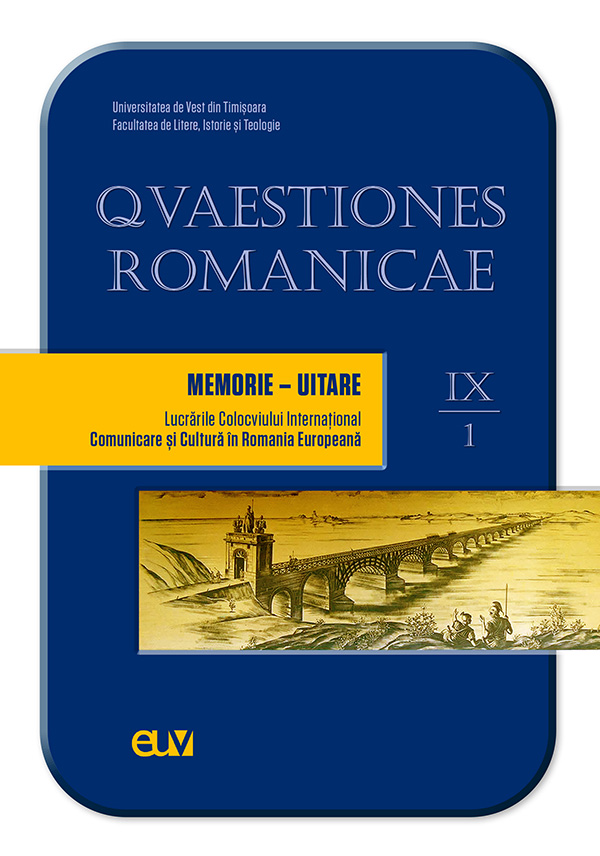La memoria de las mujeres públicas en las novelas contemporáneas de Benito Pérez Galdós
Abstract: (The memories of ill-reputed women in Benito Pérez Galdós’s novels) During the times when Galdós published his best novels, memory was one of the most recurrent themes, which the Spanish narrator could not ignore. “Maladies de la mémoire”by Théodule Ribot and “Matière et mémoire” by Henri Bergson were two widely read and commented works at the time. Another topic that deeply interested the author of “Tristana” was the condition of women, and María Zambrano embodies the preponderant role that women acquire in Galdós’s novels. The Canarian writer created many types of women, of all layers of the society and of very different characters. Among them there are several prostitutes, whom he never judges. The mysteries of the memory of these women are impenetrable. Some of them, despite prostituting themselves, are in love with one man and erase from their mind the memory of any other. In “Fortunata y Jacinta”, Fortunata loves Juan Santa Cruz and, if she could, she would never be unfaithful to him. The same thing happens to Eloísa with José María in “Lo prohibido”, to Isidora Rufete with Joaquín Pez in “La desheredada”, to Dulce with the protagonist of “Ángel Guerra”. They would like nothing more than to be able to share their lives with that one man and forget about everyone else.
Keywords: Benito Pérez Galdós, Realism, woman, society, memory.
Resumen: En los años en que Galdós publica sus mejores novelas, la memoria es uno de los temas más recurrentes, que el narrador español no puede ignorar. Maladies de la mémoire de Théodule Ribot y Matière et mémoire de Henri Bergson son dos obras muy leídas y comentadas en la época. Otro tema que interesa mucho al autor de Tristana es la condición de la mujer y María Zambrano destaca el papel preponderante que adquiere la mujer en las novelas de Galdós. El escritor canario crea muchos tipos de mujeres, de todas las categorías sociales y de caracteres muy diferentes. Entre ellas hay varias prostitutas, a quienes nunca juzga. Los entresijos de la memoria de estas mujeres son impenetrables. Algunas de ellas, a pesar de prostituirse, están enamoradas de un hombre y apartan de su memoria el recuerdo de cualquier otro. En Fortunata y Jacinta, Fortunata ama a Juan Santa Cruz y, si pudiera, nunca le sería infiel. Lo mismo les ocurre a Eloísa con José María en Lo prohibido, a Isidora Rufete con Joaquín Pez en La desheredada, a Dulce con el protagonista de Ángel Guerra. Nada les gustaría más que poder compartir su vida con aquel hombre único y olvidarse de todos los demás.
Palabras clave: Benito Pérez Galdós, realismo, mujer, sociedad, memoria.
